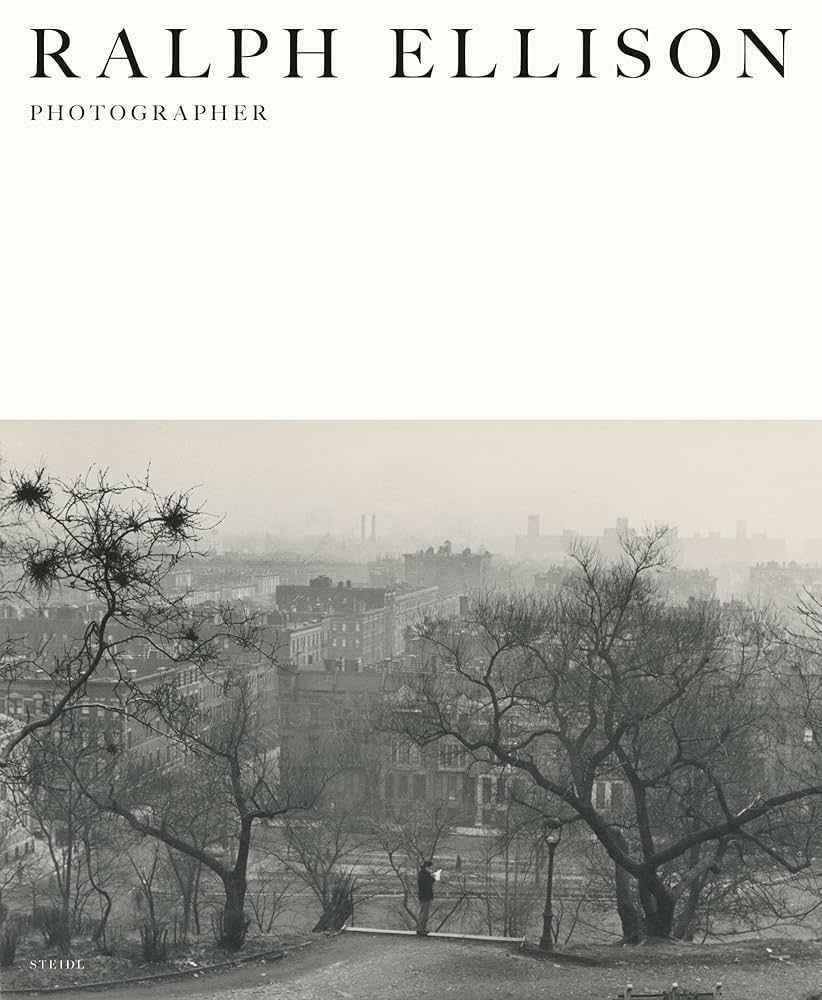Ralph Ellison’s papers in the Library of Congress include hundreds of photographs that the novelist took over many years, mostly as a serious amateur and also, for a brief period in the late 1940s, as an aspiring professional. They range from the striking black-and-white studies of street life in Harlem that he made when he was in his thirties to elegant Polaroid images of flowers and still lifes from his later years. They aren’t great photographs. But they fascinate nonetheless, as the record of a modern literary giant’s romance with a quintessentially modern visual medium. Now there’s a beautifully produced book, Ralph Ellison: Photographer, which for the first time makes a generous selection of this work easily available.
Both too much and too little can be made of what Ellison apparently regarded as an avocation. In the critical and scholarly studies that his photographs have already inspired, the differing qualities and characteristics of his literary texts and photographic images sometimes blur together in ways I find troubling. Nevertheless, there is no denying that what might be thought of as a photographic way of seeing was an aspect of Ellison’s imagination. My guess is that he was attracted by the paradoxical nature of photography, which is empirical but by no means impersonal. The considerable number of observations about the camera arts to be found in his writing—they’re more often about movies and moviemaking than photography—suggests not a theory but a play of ideas. Scholars have tried to nail down his views. It’s not easy to do. Ellison’s intellectual temperament was too fluid and improvisational to allow for any definitive statement about the relationship between literature and photography—or for that matter between literature and any other art. As I’ve moved back and forth between Ellison’s photographs and the ruminations about the camera arts found in his writing, I’ve been struck by the extent to which he recognized in photographs and movies a hyperbolic reality that paralleled his own over-the-top imagination. His vision is as unruly as it is refined.

